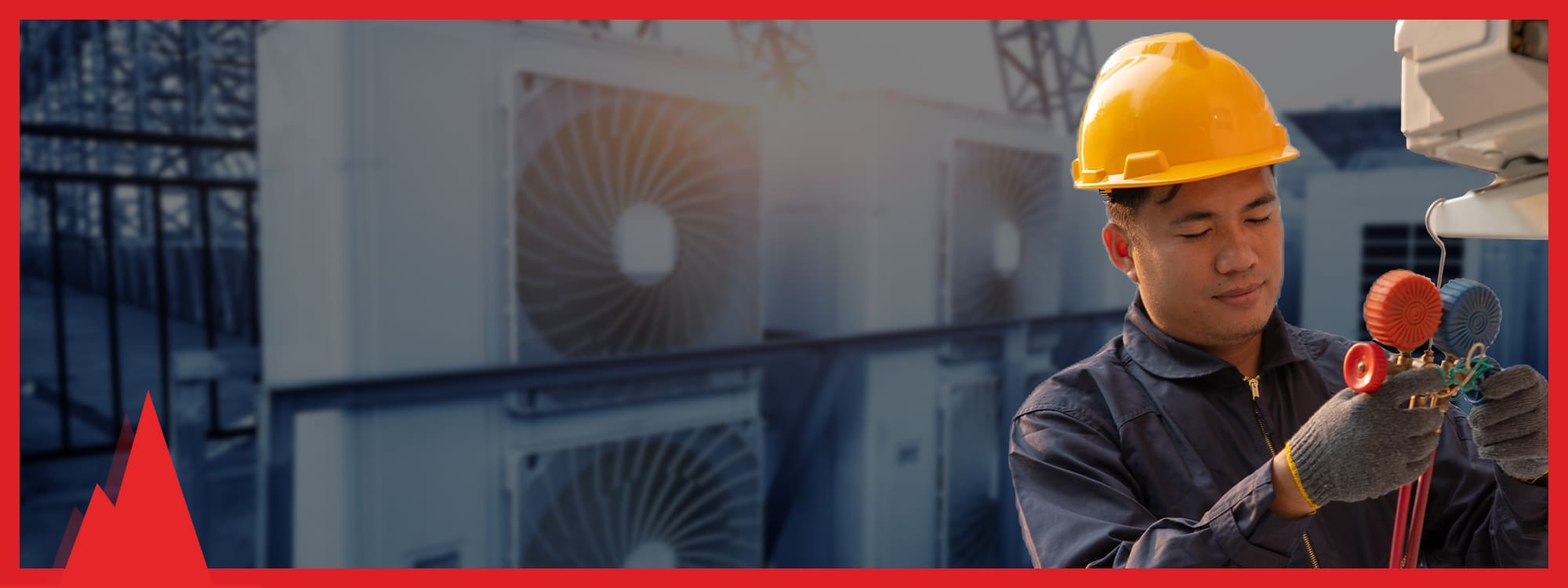As temperatures continue to rise, the need for HVAC technicians grows with it. If you’ve been cranking the AC down an extra notch this summer because things feel just a little bit hotter than you remember, it’s because they are. In fact, research by the National Centers for Environmental Information (NCEI), shows that temperatures are rising in more areas on good old planet earth than cooling, with 2019 being the second warmest year on record. [i] Given the warmish nature of things, it’s not surprising that the demand for qualified HVAC technicians is on the rise. According to the Bureau of Labor Statistics, the jobs for HVAC technicians are projected to continue to grow, adding 15,100 jobs by 2029.[ii] But higher temps aren’t the only reason the demand for HVAC technicians is growing.
Population Growth
The U.S. population is predicted to rise by approximately 1.7 million people annually.[iii] Translation – more people equals a whole lot more of us struggling to keep our own personal space climate controlled.
Green-Focused
With a huge focus on developing eco-friendly energy solutions, the HVAC industry is evolving to meet the challenge. What does that mean? More solutions, greener systems – the need for more technicians with specialized training to implement those solutions.
Advances in HVAC Technology
As HVAC technology advances, so does the need for qualified technicians to upgrade and install new systems. In addition, there is still a need for technicians to repair and maintain the old ones.
HVAC Requires a Hands-On Approach
While technology can replace people in some industries, that is not the case in the HVAC industry. Whether you’re talking about smart thermostats or entire smart homes, the need for hands-on workers to implement and service that high tech equipment isn’t likely to go away any time soon. After all, there are some things that a robot just cannot do.
What Kind of Training does an HVAC Technician Need?
HVAC training is typically offered at technical or trade schools and program length can vary. To work as an HVAC technician, you’re required, at a minimum, to pass an EPA approved test to earn EPA 608 Universal Certification. There are also several different levels of advanced/specialized training available for those who wish to expand their skills through the nation’s largest non-profit HVAC certification organization – NATE (North American Technician Excellence).
The world is getting hotter. So, if you’re looking for a career path with solid growth potential, you might want to consider a future helping people literally – keep their cool. To learn more about a career in the HVAC industry, check out the HVAC Program at Summit College. Summit is helping students get the hands-on training and skills they need to join the skilled professionals out there keeping the world a more comfortable place. With flexible scheduling options and free tutoring, we’ll help you prepare for the EPA 608 Universal Certification test, and the initial NATE Core Certification. Get your future started now by contacting one of our three campus locations for more information.
[i]https://www.climate.gov/news-features/understanding-climate/climate-change-global-temperature#:~:text=According%20to%20the%20NOAA%202019,more%20than%20twice%20as%20great.
[iii]https://www.worldpopulationbalance.org/us_population
Tags: hvac, hvac grad, hvac program graduate


